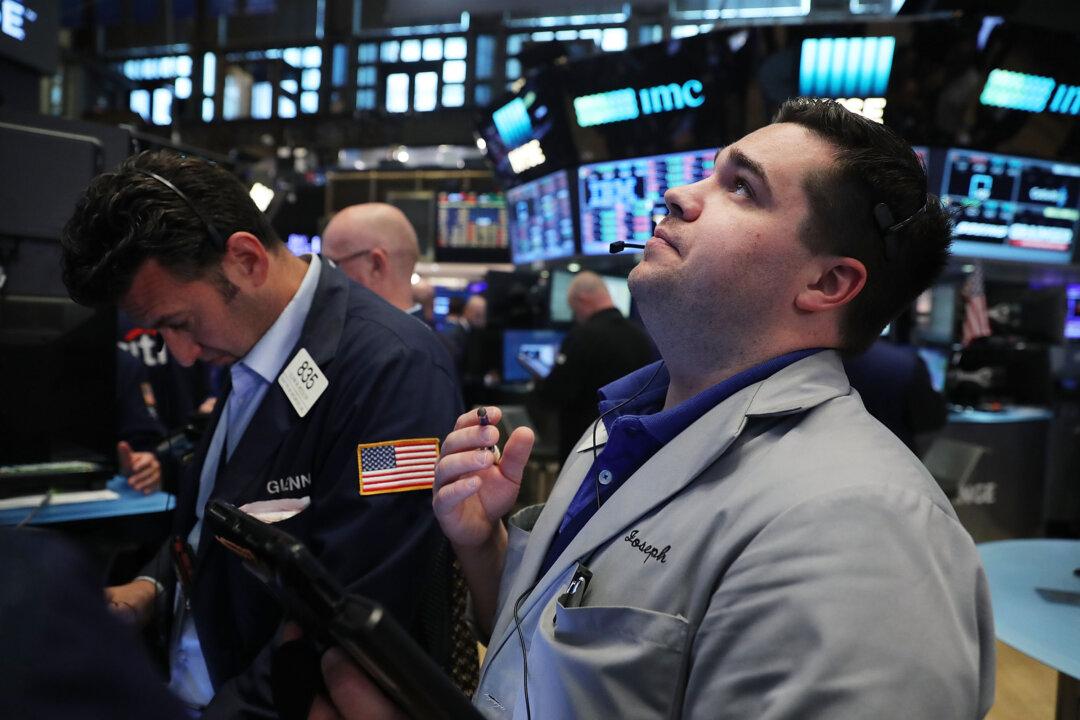Thank the Brits for bringing financial markets volatility not seen since the heydays of the financial crisis 2008. It’s important to remember that all of this movement is a knee-jerk reaction to what people perceive is going to happen after the UK leaves—because nobody really knows. So let’s have a look at what happened in the markets and why.
Sterling
Let’s start with the British pound. The currency of the United Kingdom of Britain and Northern Ireland is like a price for the country. If it goes up, it means people are willing to pay more for it, if it goes down, people don’t think it’s worth that much.
So be sure, the pound dropped the most in a single day in history, down 11 percent against the dollar to $1.33 before recovering a bit. This is a huge move for one of the big boys in the currency markets and signals how nervous people are about owning British assets.






